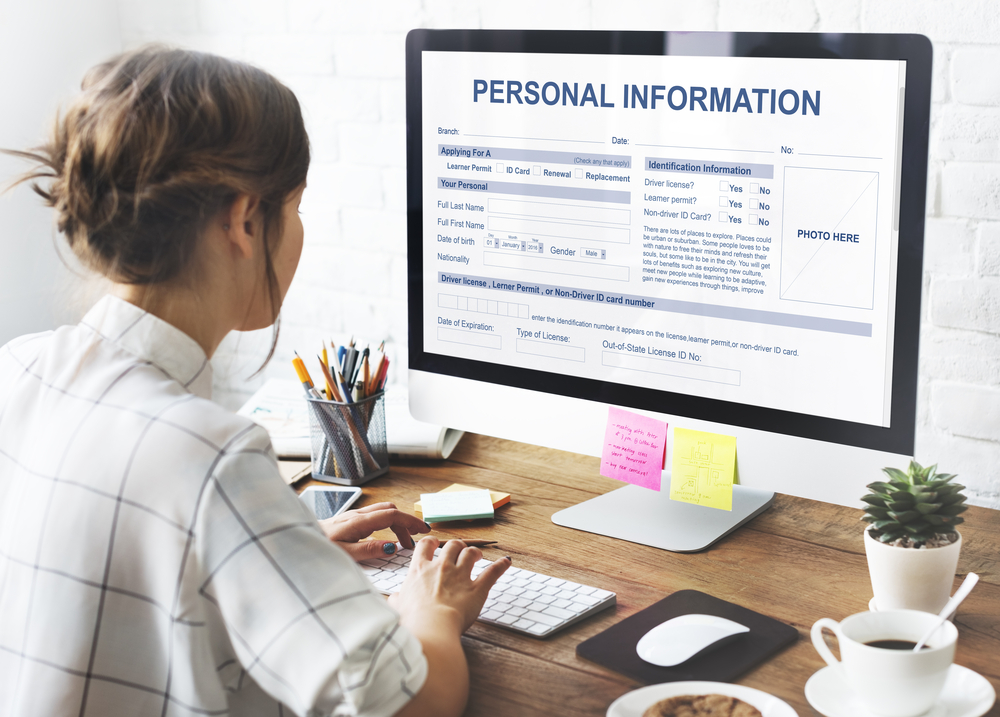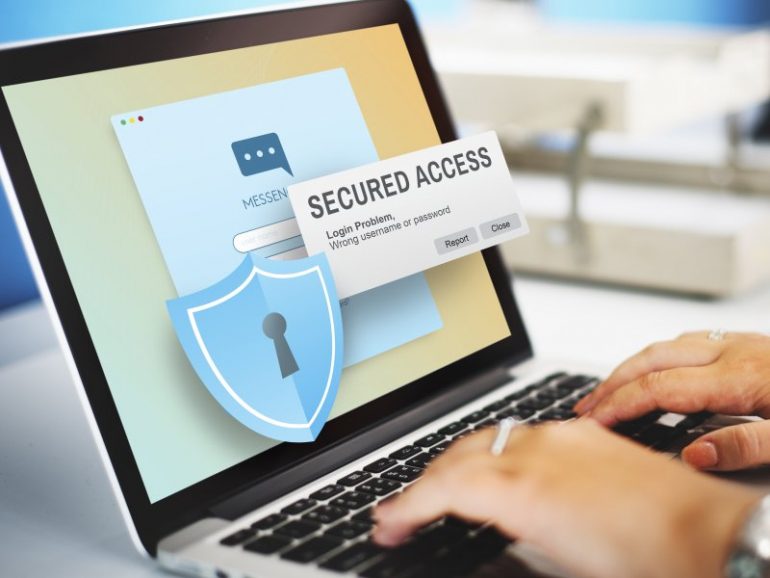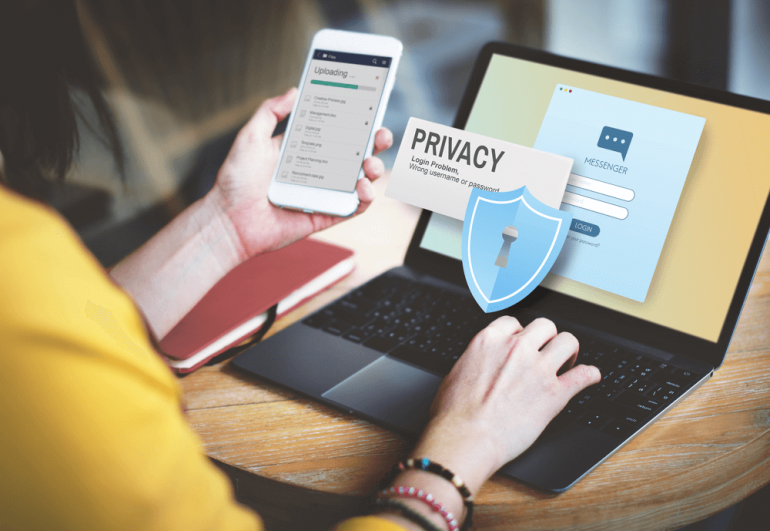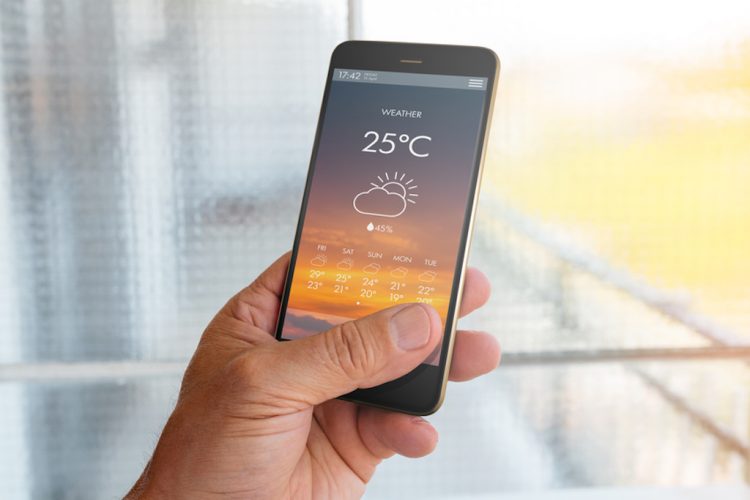Ever since the recent scandals of Cambridge Analytica and Facebook surfaced, almost all mainstream social media platforms have come clean about their privacy policies.
Call it irony but it has opened up a new realm of information for an average user.
For instance, take social media for an example, ever since Facebook got scrutinized in the parliament, they have added an option in their applications that allow users to view exactly what data Facebook gathers about them.
From phone calls to texts to the thing we like or dislike, social media apps are gathering it all without us even being aware of it.
Shockingly enough, you’d be surprised to see what level of information an average user like you and I are sharing online.
Let’s face it, we can go hardly five minutes without looking at our phones and the next thing we know, we’re back online clinging to social media.
Now don’t get me wrong, I love being online as much as the next person. However, I hate the fact that so much of our private information is up for grabs online.
Privacy Paradox

Despite being foolishly aware that data mining giants are constantly gathering data about us, we still feel the need to share our thoughts, opinions and our personal preferences.
Why…?
According to researchers, it’s called privacy paradox. We subconsciously share our information because we feel that our actions won’t have any consequences in the future.
While most online users fall for this delusional notion, tech companies use our indecisive decisions to gather more and more information about us.
Whether you believe it or not it’s the truth.
Apps turning a friend to foes
Traditionally, if you found your email address or your phone number floating around on the web, you would either blame yourself or the choices you made right?
However, the idea of private data sharing has changed over the years. Nowadays apps and most websites are designed to siphon data about you and the people that you know.
Don’t know what I’m talking about?
When was the last time you participated in a giveaway on YouTube or Instagram? I’m willing to bet almost every giveaway must have asked you to either tag a friend or provide their emails.
That’s how easy it is nowadays to give up your friend’s information.
Need more proof?
Perhaps a research conducted by the National Bureau of Economic Research should be enough to convince you.
According to the research, almost 98% of students at MIT were willing to spill out their friend’s email address in exchange for free pizza.
If you ask me, this is quite alarming.
It’s not your fault

Let’s face it, no one really ever reads a privacy policy. In fact, we pretty much hit “agree” without giving it a second thought.
What’s worst, we don’t even pay attention to the permissions our smartphone apps ask.
Although these are rookie moves, you are not to be blamed.
If app makers or people compiling privacy policies would just make things a bit clearer, a bit more specific, I bet none of us would ever agree to their terms and conditions.
Allow me to elaborate on what I’m saying.
If I vaguely request to take some data from your phone right now, you would most likely say “yes”. However, if I specifically asked to copy your contacts library or photos, you would straight up decline my request.
My point is:
The awful reality of consent agreements become much more apparent when you make them more specific.
What can we do?
By now you must be super paranoid and I don’t blame you.
So what exactly can you do to secure your online privacy? Well…reading up privacy policies won’t do you any good.
In fact, according to one estimation, it would nearly take 75 hours every year to read up all the privacy policies and agreements we get.
My advice, skip all the crap and focus on what really matters.
Encrypted Tools
Like I said, your data is pretty much insecure. It’s high time that you invest in encrypted tools like dedicated IP VPN, or just use social media apps that use end to end encryption. Because who knows who might be looking to cash in on your data.
Complex Passwords

For instance, use complex passwords. Don’t use your name and for god’s sake don’t use easy to guess passwords like 123456.
Use two-factor authentication if possible or just use a secure and reliable password manager to create a unique password for all your accounts.
Revisit your App Permissions
Since we’re constantly hooked to our phones, it’s often a good idea to recheck app permissions. For instance, why would a simple alarm application need permission to access your microphone or a note application needing access to your location?
Doesn’t make sense right?
My Two Cents!
The Internet is free right? And most of the apps we use are free too. You might have heard of a popular saying “If You’re Not Paying for it, you’re the Product”.
In my experience I find this expression to be 100% accurate. No matter what site we use, what social media apps we use, we’re constantly being tracked and our data being used to generate revenue.
Sadly that’s the harsh reality we live in now.
The silver lining:
Thanks to the uproar caused by recent privacy scandals, more and more people especially millennials are recognizing that their idea of free digital services is nothing more than an illusion.
The price we pay for such services is not only our own online privacy, but also the privacy of our friends, and loved ones.
You can also learn about other cunning ways to foolproof your online privacy at VPNRanks.com.



